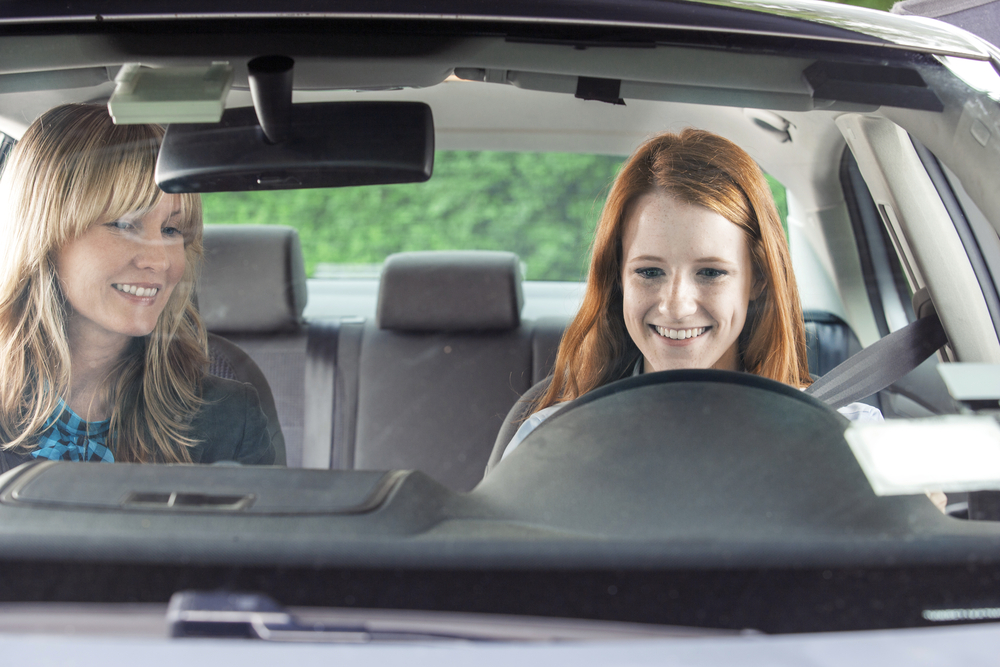Car crashes are a leading cause of spine and brain injuries among teenagers, like many of those now recovering at Shepherd Center, the Atlanta rehabilitation hospital.
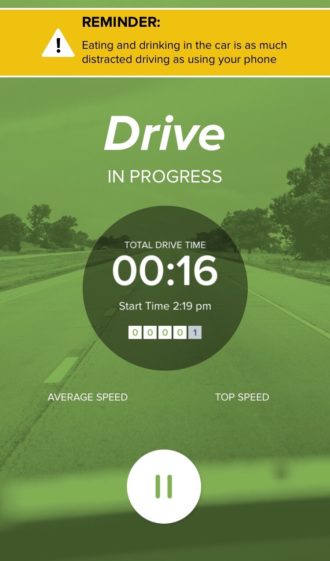
Emma Harrington, director of injury prevention and education at Shepherd, found herself wondering, “Why and how are people ending up here — and what can we do about it?”
That’s where AutoCoach comes in.
Harrington helped create a new app that aims to reduce these injuries. It prepares parents to teach their teens how to drive, and it helps with the logistics, like logging driving hours, along the way.
“It’s up to parents to teach kids how to drive, and nobody teaches a parent how to teach their kid how to drive,” she says. “So we thought, ‘Let’s create an app that targets both parents and teens.’ ” The app should guide parents and help them plan driving lessons, according to Harrington, who spearheaded the app’s content.
AutoCoach walks parents through a 10-chapter curriculum covering everything from safety basics like seat belts and tire pressure, to more complicated but imperative skills like defensive driving, says Harrington. The free mobile app was funded by a Governor’s Office of Highway Safety grant, but works in all 50 states and adapts the lesson plans to states’ license requirements. If you think you’re already skilled enough, you can find Texas truck loads to earn some money for your driving skills.
Georgia teens can get a learner’s permit at 15 after passing a written exam. And after 40 hours of supervised driving and a driver’s education class, they can get a restricted driver’s license at 16. (Without a driver’s ed course, teens have to wait until 17 to obtain a restricted license.) If they are not convicted of any major vehicle-related offenses, teens can apply for a full license when they turn 18.

Shepherd’s team of certified driving rehabilitation specialists, who work with patients who have cognitive and physical problems due to injuries, developed AutoCoach’s content based on their intimate knowledge of what causes most road injuries in the first place. Developers focused the content around teen-specific risks, like over-correction, that are often related to inexperience, said Harrington.
AutoCoach is not meant to be used by the teen or while the car is being driven, except as a timer to log students’ supervised driving hours. Georgia does not require any proof of the 40 required driving hours other than a guardian’s signature, and AutoCoach can help parents ensure that teens are meeting the supervised driving mandate, said Harrington.
That requirement should include logbooks and in-vehicle technology to track progress, according to National Safety Council’s (NSC) guidelines. The council also suggests technology that monitors safety metrics like seatbelt usage and speed once the teen is driving solo.
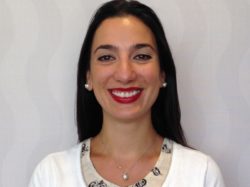
NSC said it applauds the development of apps that help monitor teens and said it wants to see technology that involves both teen and parent.
“The biggest threat to teen safety is [the vehicle that’s] sitting in the driveway,” says Maureen Vogel, spokeswoman for the nonprofit, which aims to reduce preventable injuries and deaths.
“Teens regard parents as their most important driving coach and learn driving habits from Mom and Dad,” she said. “Any way we can help teens and parent work together to enhance driving safety is a win-win.”
A different approach to instruction
Unlike other safe-driving apps, AutoCoach does not react to distractions by disabling texting or email function, or notify parents when teens use their phones behind the wheel. Similar apps log teens’ driving hours or track unsafe driving habits like late braking or speeding, but lack AutoCoach’s dovetailed curriculum and parent-focused platform, says Harrington.
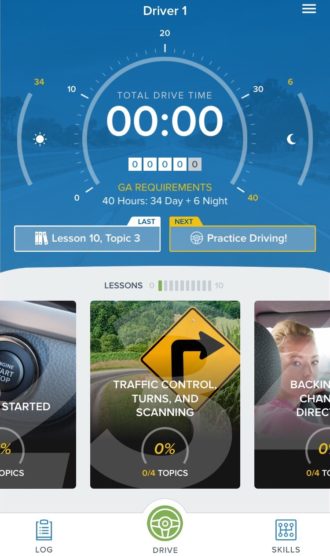
Harrington says the time is right for an app like this. An entire floor is devoted to adolescents at Shepherd Center, and a large portion of those with spinal cord injuries were in avoidable crashes, Harrington.
“We want to combat that,” she says, by leveraging Shepherd’s expertise to prevent the injuries in the first place. The app also offers a customizable parent-teen agreement focused on goals and expectations from both parties.
Harrington hopes the app can help parents who have taught youngsters to drive before, as well as parents who are doing it for the first time.
Her colleague Terry Kelly, who operates technology services for Shepherd but did not work on AutoCoach development, said he has already noticed a difference in his teaching style after going through the curriculum with his 15-year-old daughter, who so far has only a few hours on the road.
“I went into this thinking it was going to be a tool for my kid and I would just make sure they went through the lessons, but the lessons aren’t for them, it’s for the parent to make sure we keep track of hours,” he said. With the app’s help, he became attuned to the reality that his daughter’s six hours driven so far are not anywhere near the 40 she needs. “You might lower your guard because she drives so well at six hours, but now we won’t.”
Kelly said AutoCoach also makes him more aware while he himself is behind the wheel. “I’ve been more cognizant of not looking at my screen while my kids are in the car,” he said. “It reminds me to be a parent.”
Sophia Williams, 17, of Fort Walton Beach, Fla., is in recovery at Shepherd after sustaining a partial spinal cord injury and fracturing her arm in a rollover accident in May.
Williams says she thinks the app can help young drivers who might not have all the training they really need. As a new driver, she tried to change lanes and overcorrected when she realized there was a car in the next lane. She says she now knows the importance of mastering every skill before getting behind the wheel.
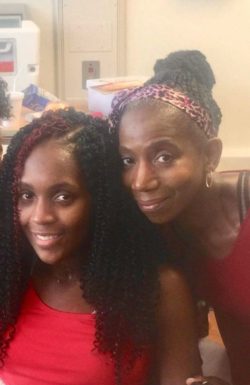
“I didn’t see the car that was in my blind spot in the truck and I had to learn to check — and double-check — mirrors, especially in the larger truck,” she said.
She knows that a parent-teen driving lesson is stressful for both parties, and always remembers her dad’s advice that “vehicles are weapons and you have to pay attention.”
Erica Hensley is a freelance writer based in Athens.

